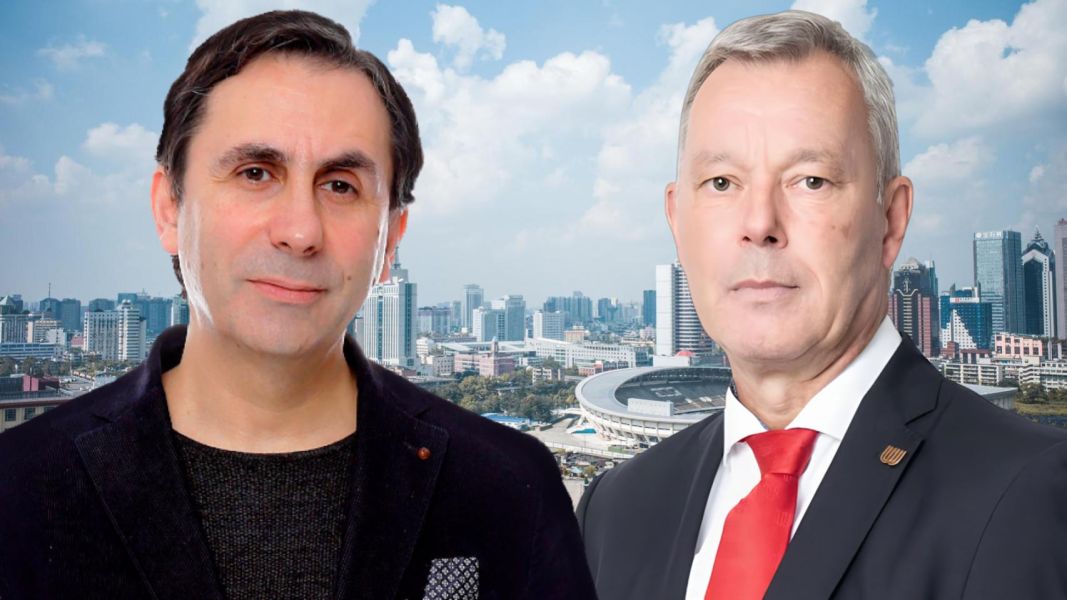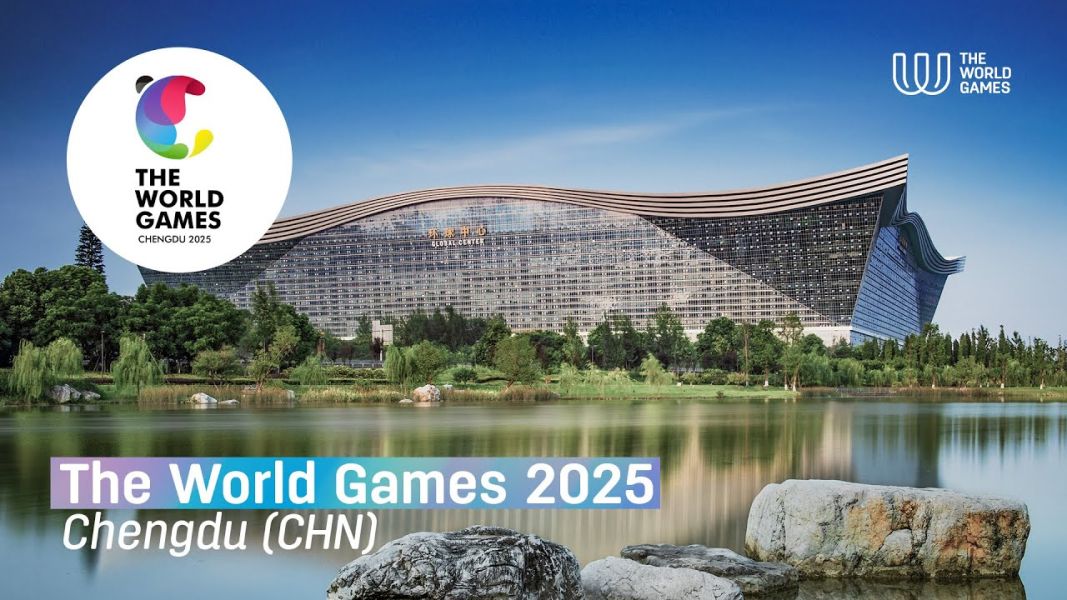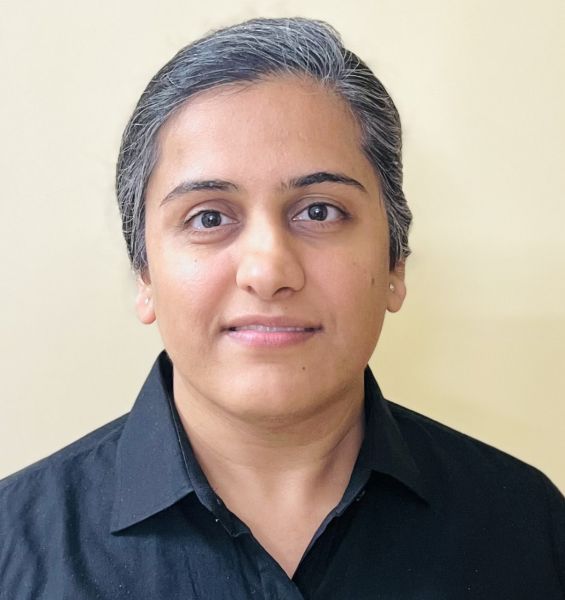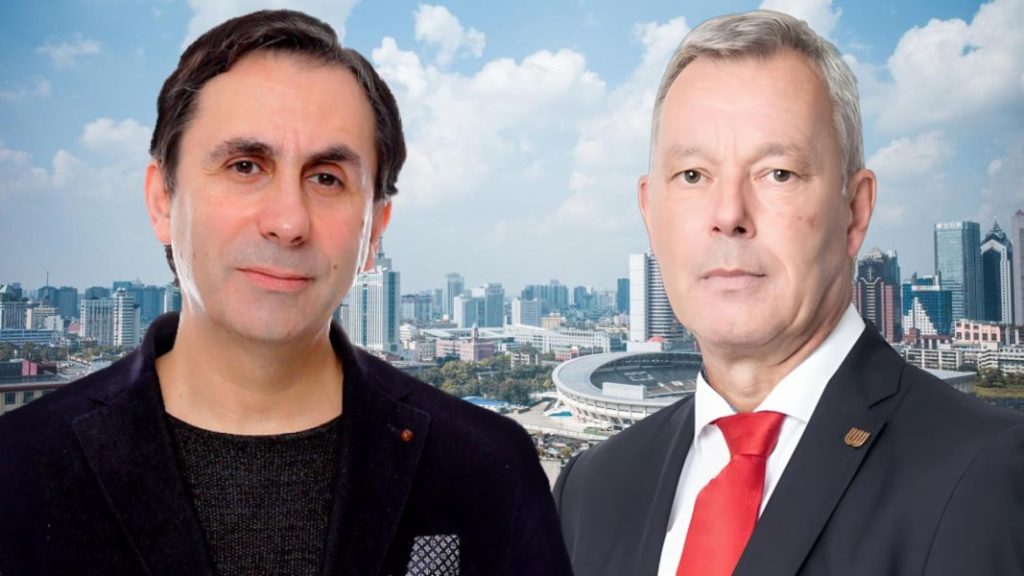Joachim Gossow, a sports administrator, is the CEO of The World Games and the International World Games Association. In the latest episode of Dinis Guarda YouTube Podcast series, he discusses how the global sports association is making an impact on the overall Sports Economy of the cities. In the interview, powered by Businessabc.net and citiesabc.com, he also explains the evolution of sports in the era of digitalisation and internet.

Joachim Gossow, an experienced administrator from Germany, is a professional in the sports industry for over two decades. As the CEO of The World Games and the International World Games Association (IWGA), he has played key roles in organising international events, including The World Games 2009 in Kaohsiung and The World Games 2013 in Cali, Colombia.
In this interview, Joachim explains Dinis that The World Games is an international multi-sport event featuring sports and disciplines not contested in the Olympic Games. “There are some unique sports that are good but are not as much recognised at the global events like The Olympics. These athletes are as dedicated as Olympic athletes and show their performances on the top level. I think it is only fair to them to give them as much attention and motivation as they deserve by bringing them to the world competitions”, he said.
Governed by the International World Games Association under the patronage of the International Olympic Committee, this global extravaganza takes place every four years, strategically scheduled one year after the Summer Olympic Games, spanning 11 days. The official program typically encompasses 30 to 35 sports, with participation from around 100 nations totaling approximately 4,000 athletes.
“We have the top athletes and games who are always ready to start. We don’t have long prelims, coming straight away to more or less finals. I think that is one of the most exciting points”, Joachim told Dinis.
The World Games showcase a dynamic array of sports across various categories, including the Artistic and Dance Sports, The Ball Sports, Martial Arts, Precision Sports, Strength Sports, and Trend Sports. The sports range from Dancesports, gymnastics, roller sports, baseball-softball, canoe, fistball, floorball, handball, hockey, korfball, lacrosse, netball, racquetball, rugby, and squash to Aikido, Ju-Jitsu, Karate, Kickboxing, Muaythai, Sambo, Sumo, and Wushu.
Precision Sports like archery, billiards sports, boules sports, bowling, and casting, to strength sports such as Fitness and Bodybuilding, Powerlifting, and Tug-of-War are also included at the World Games. Lastly, Trend Sports category introduces innovative and emerging sports like air sports, flying disc, life-saving, orienteering, sports climbing, underwater sports, and waterski and wakeboard.
How The World Games ensures sustainable sports events in cities?
Hosting major sporting events on a global scale requires both the host city and the sporting organisation to implement sustainable practices that extend beyond the realm of sports infrastructure. “The IFs has to submit its best program for their upcoming events, tailored for each city in its own way”, says Joachim.
From incorporating eco-friendly designs in stadiums and venues to promoting public transportation and green energy solutions, cities leverage global sporting events to foster long-term environmental, social, and economic sustainability. “We look at the host city if these sports can take place without building new facilities. We do not ask for something that is left at the end. So, in the end, when we leave a city, we have a good relationship with each other because we don’t leave them with the infrastructure that can’t be used anymore”, explained Joachim.
He also explained that IWGA also manages the accommodation and commute to the sports venue “to ensure that it is not either cost consuming or time consuming for athletes as well as the audience.” Joachim explained that initiatives like waste reduction, water conservation, and community engagement programs also constitute an integral part of the event planning process.
The World Games: Ensuring inclusion through sports
The World Games plays a crucial role in fostering inclusion through sports, providing a platform where athletes from diverse backgrounds can showcase their talents on a global stage. These events serve as powerful catalysts for promoting diversity, breaking down societal barriers, and championing inclusivity.
“When we talk about inclusiveness, we also talk about including disabled athletes in the event of The World Games and not build up a second event for them”, says Joachim. Aligning itself with this mission, IWGA integrates para athletes in all their disciplines. “We have more para disciplines on the program than ever before. We look forward to atleast a minimum of 200 athletes at all our future events”, he says.
By bringing together participants from various cultures, ethnicities, genders, and abilities, international sporting events create a shared space that celebrates differences and promotes mutual respect.
Explaining the challenges faced in bringing fair inclusion of all the athletes at The World Games, Joachim explained it to Dinis:
“It is not easy to get funds for the sporting events other than Olympics for disabled athletes at The World Games. But, there is also another aspect to this: creating accessibility and taking care of these athletes at various events.”
The World Games 2025 in Chengdu, China
The 12th edition of The World Games is set to unfold from August 7th to 17th, 2025, with the vibrant city of Chengdu, China, playing host to this global sporting extravaganza. Chengdu is renowned for its status as China’s ‘happiest city’ and home to 20 million people.
“According to the reports submitted to us, Chengdu is one of the most sustainable cities in China. Housing over 20 million citizens, it is of a size that requires two international airports”, says Joachim.

During the interview, he also informed Dinis that under the vision of ‘Growth Beyond Excellence,’ TWG 2025 is expected to witness an increased maximum participant limit of 5,000 (including athletes and technical officials), compared to the previous 4,200. Chengdu, having successfully hosted events like the World Police and Fire Games in 2019 and the FISU World University Games in 2023, is well-prepared to accommodate the larger number of participants without requiring new sports facilities. The event will feature 35 sports, ranging from Air Sports and American Football to Gymnastics, Karate, and Triathlon.
“I consider that the program brings very well known sports to Asian audience, while introducing other sports they do not know very well, including fireball, flag football, etc.
We also have The World Games Plaza for our audience where people from all cultures come together and relax without actually playing the games themselves. On the other hand, we also have a sports garden where fans can try the sports on the program with the help of volunteers of IFs”, said Joachim.
The World Games: Embracing the digitalisation and esports culture
Joachim told Dinis that IWGA is increasingly embracing digitalisation as a transformative force in shaping the landscape of sports and esports culture. He agreed that the integration of technology has revolutionised fan engagement, providing immersive and interactive experiences. Social media platforms, live streaming services, and virtual reality have become pivotal in connecting global audiences with their favorite sports and esports events, transcending geographical boundaries. This digital shift has not only amplified the reach of traditional sports but has also given rise to the burgeoning esports culture, creating a new frontier for competitive gaming enthusiasts.
“It not only gives the sports community of different sports the opportunity to share good moments on social media, but also for a broader audience when it comes to the new host city. We also learn that it is a huge opportunity to us edigital media if we have a chance to make it available 24/7 and on demand”, he said.
From digital fan zones to esports tournaments, international sporting events leverage cutting-edge technologies to enhance viewer experiences, foster community engagement, and offer innovative perspectives on the world of sports.
“We have a bigger approach of the metaverse opportunities which includes that you can use your avatar to try a sport”, Joachim explained it to Dinis. He also said that due to the expensive nature of development, the idea and future vision is still under consideration and will evolve with time.

Pallavi Singal is the Vice President of Content at ztudium, where she leads innovative content strategies and oversees the development of high-impact editorial initiatives. With a strong background in digital media and a passion for storytelling, Pallavi plays a pivotal role in scaling the content operations for ztudium’s platforms, including Businessabc, Citiesabc, and IntelligentHQ, Wisdomia.ai, MStores, and many others. Her expertise spans content creation, SEO, and digital marketing, driving engagement and growth across multiple channels. Pallavi’s work is characterised by a keen insight into emerging trends in business, technologies like AI, blockchain, metaverse and others, and society, making her a trusted voice in the industry.










